This is the continuation of the previous article on Depression and Dementia.
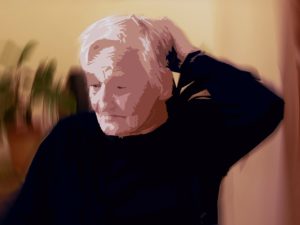 What is the relationship of Depression and Alzheimer’s Disease (AD)?
What is the relationship of Depression and Alzheimer’s Disease (AD)?
• The biological changes caused by AD may intensify a predisposition to depression;
• Depression may increase the chances of developing AD;
• Depression can affect quality of life of persons with AD:
◦ Worsening cognitive decline
◦ Greater disability with regard to Activities of Daily Living
◦ Increased dependence on caregivers
What is the difference between Depression and Dementia?
• Depression develops more quickly than Dementia
• Problems with speech, reasoning, orientation to time & space usually common in persons with Dementia & not with Depression.
• Persons with Depression may occasionally complain of difficulty remembering but will be able to do so with prompts.
• Persons with Depression may complain of impaired reasoning & memory but these improve after medication or when depression lifts
• Lack of motivation (apathy) to do things seen in both conditions, but this disappears when anti-depressive medication is given.
(sources: helpguide.org., alheizmer.org.uk, mayoclinic.org)

 Causes of Depression
Causes of Depression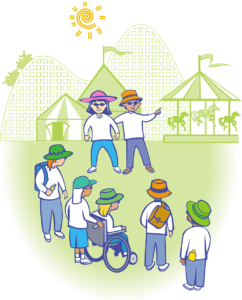 Managing Depression
Managing Depression Signs of Stress: Emotional Symptoms
Signs of Stress: Emotional Symptoms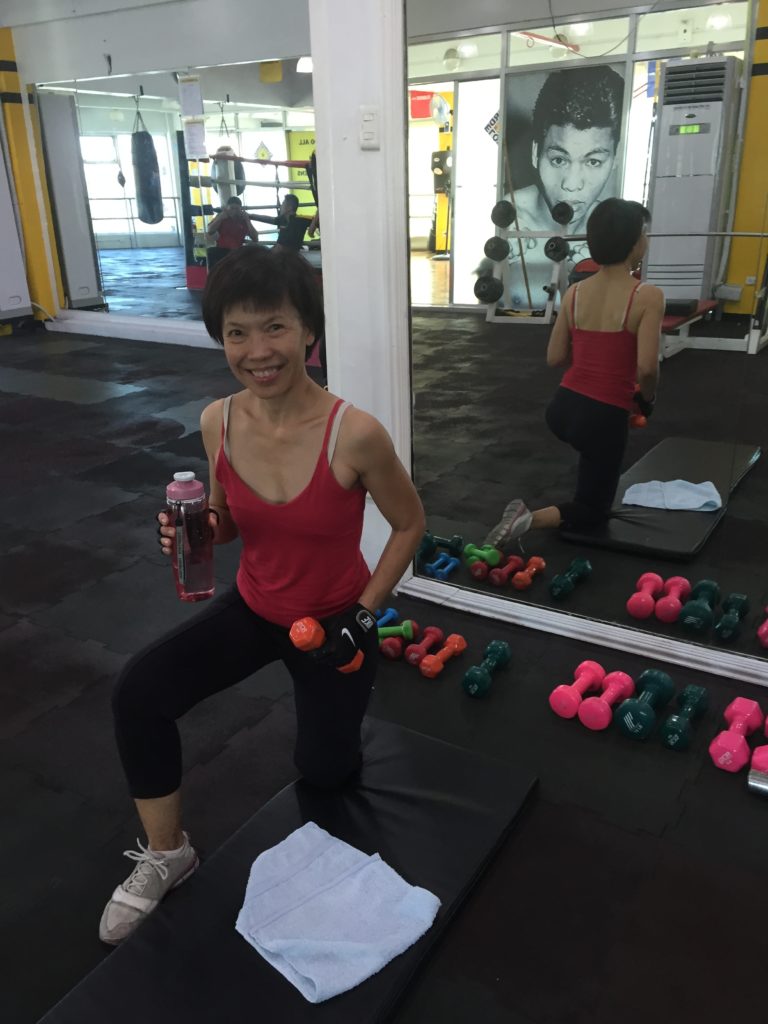
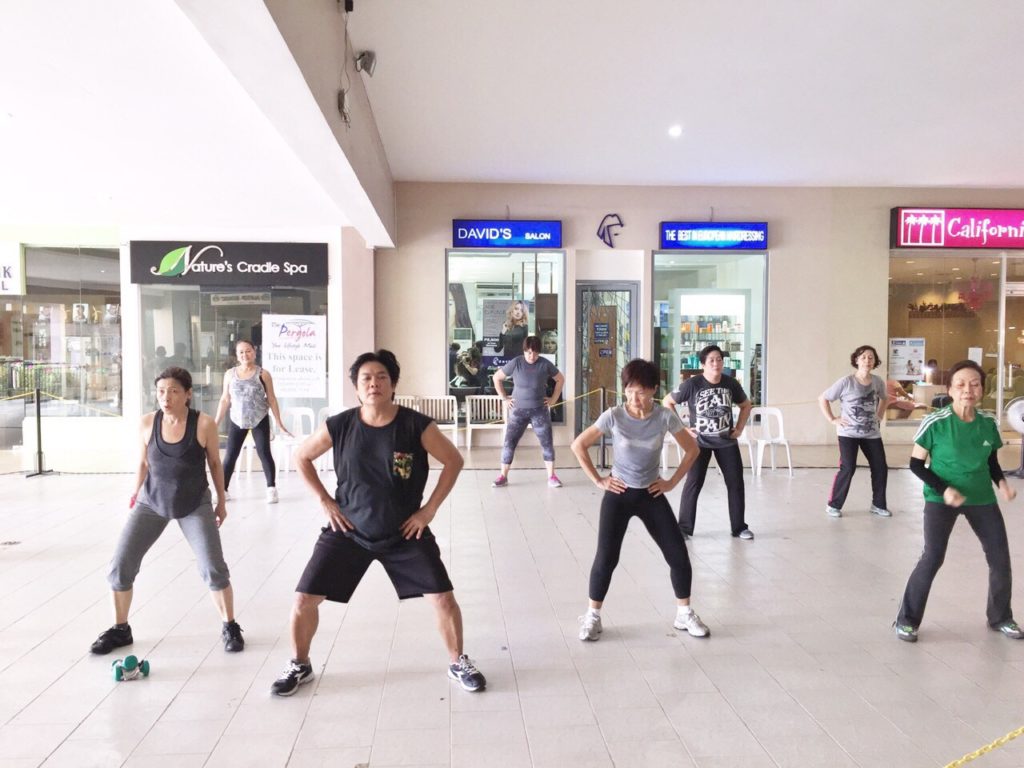
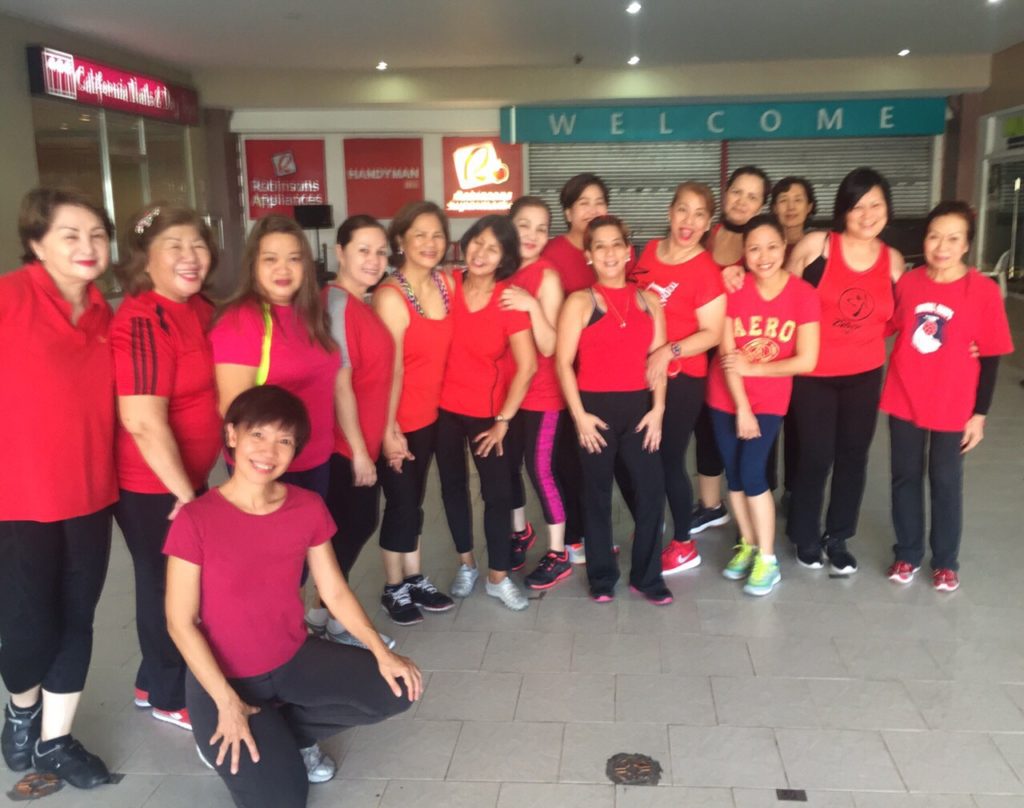
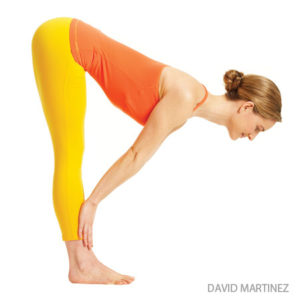
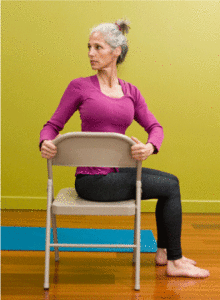 YOGA IS AN IDEAL FORM OF MOVEMENT FOR OLDER ADULTS
YOGA IS AN IDEAL FORM OF MOVEMENT FOR OLDER ADULTS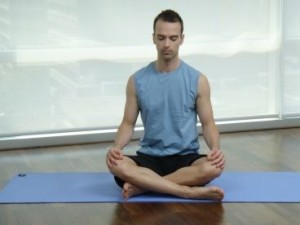 BENEFITS OF A YOGA PRACTICE
BENEFITS OF A YOGA PRACTICE